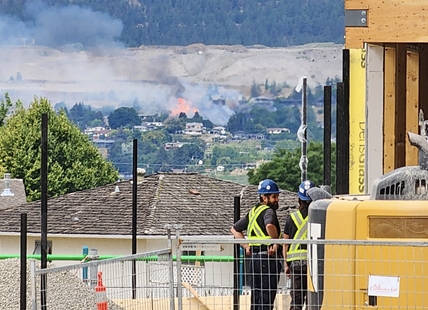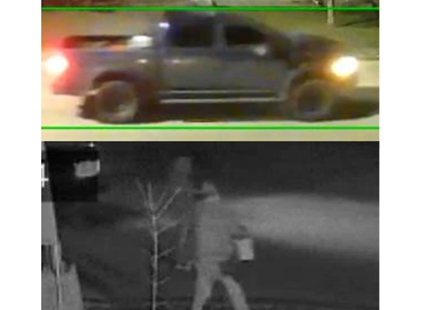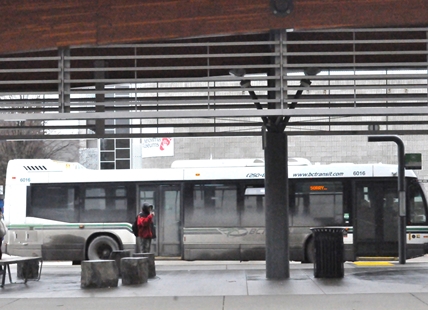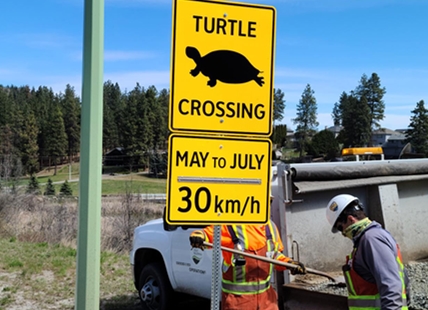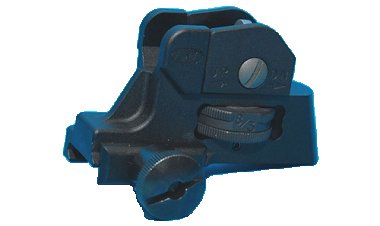This Vernon safety trainer’s chain-up video just in time for Coquihalla re-opening
Wolfgang Brocklebank has spent the past two years developing his ChainSmart training video and it couldn’t have come out at a better time with key B.C. highways closed and inexperienced truckers clogging snowy Highway 3 when it was the only route out of the Lower Mainland. The pressure...
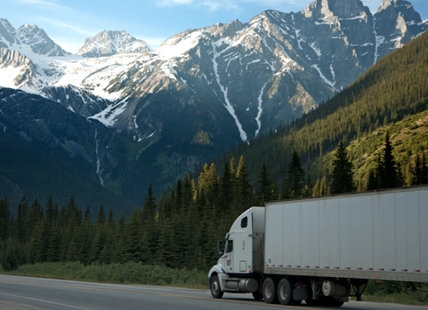
Wolfgang Brocklebank has spent the past two years developing his ChainSmart training video and it couldn’t have come out at a better time with key B.C. highways closed and inexperienced truckers clogging snowy Highway 3 when it was the only route out of the Lower Mainland.
The pressure on Highway 3 eased Dec. 20, with the opening of the Coquihalla Highway to commercial traffic after it and other highways were washed out Nov. 15.
That doesn’t mean truck drivers are any better at putting on their tire chains when it snows.
“Everyone should have the same level of training, not 'your-dad-showed-you or ‘I-watched-a-YouTube-video-that-was-five-minutes-long’ or whatever.” Brocklebank, the owner of Vernon’s Wolftrac Safety Ltd., told iNFOnews.ca, “they usually find out when they’re pulling their half-a-million dollar trucks out of the ditch."
Last week, RCMP Cpl. Mike Halskov of the B.C. Highway Patrol, told iNFOnews.ca that police are seeing lots of truckers who carry tire chains but do not know how to put them on.
READ MORE: Kamloops truck driver's advice: Don't take Highway 3 for your Christmas break
That has led to massive tie-ups of traffic, hours-long delays and likely contributed to some of the numerous accidents that closed Highway 3 numerous times.
Dave Earle, president and CEO of the B.C. Trucking Association, sent an email to all members last week warning them of what to look out for when the Coquihalla opened.
“When chains are required for use, enforcement staff will enforce to ensure that drivers install chains as required by B.C. regulation,” was one word of caution from Earle. “Trucks that do not have chains installed per regulatory requirements will be turned around.”
He also included a link to the association’s partner, ChainSmart.
What Brocklebank has created is a 97-minute video that deals with all aspects of chaining up correctly, a skill many new drivers have never learned.
It includes chapter tests, a checklist and an examination at the end. If drivers get 75% or better, they get to be ChainSmart certified.
It sells for $97 with better rates for group buys.
Brocklebank was surprised when a number of municipalities bought 25 packs of the video. Penticton bought one pack then, a week later, another for its utility department, he said.
While $97 may seem a lot for a 97-minute video, you have to factor in the cost of incorrectly installed chains or no chains.
“Companies are going to see the benefit of one tow truck bill paying for the whole training,” Brocklebank said.
Chains that are too loose or incorrectly installed can destroy a truck’s tires.
“Some guys are throwing it onto the tire facing the studs into the tire thinking it needs to grab the tire,” he said. “Oh my Lord! One tire is $600 and you’re throwing a set of four chains on and you’ve just destroyed four tires in two seconds?”
Putting a rig that costs anywhere from $200,000 to $500,000 into the ditch, or worse, also carries a big cost.
Brocklebank is a former helicopter pilot who taught other people’s safety courses since 2014 but the 2018 tragedy of a transport truck smashing into the Humboldt Broncos hockey team’s bus, killing 16 and injuring others, made him change direction.
He grew up in a trucking family in B.C. but played hockey in the same league as the Broncos and travelled on those same roads.
“I was saying, 'this is crazy,'” Brocklebank said. “I need to create something for the trucking industry because the training sucks.”
While he knows the Humboldt tragedy had nothing to do with tire chains, creating the training course was something he felt he could do to help. There has been little or no required training in the industry across Canada.
Mandatory training, called Mandatory Entry Level Training, just came into effect in B.C. on Oct. 18 and, Brocklebank said, the section on chaining up is pretty basic.
He sees his video as an add-on to such courses are basic training for those who already have their Class 1 licence, which is needed to drive the big rigs.
“I’m out there saying, 'I want to make the roads safer,'” Brocklebank said.
For more information on ChainSmart, go here.
READ MORE: Here’s why we still have food, supplies in Kamloops, Okanagan after highways closed
To contact a reporter for this story, email Rob Munro or call 250-808-0143 or email the editor. You can also submit photos, videos or news tips to the newsroom and be entered to win a monthly prize draw.
We welcome your comments and opinions on our stories but play nice. We won't censor or delete comments unless they contain off-topic statements or links, unnecessary vulgarity, false facts, spam or obviously fake profiles. If you have any concerns about what you see in comments, email the editor in the link above.

 Valandos
Valandos 






